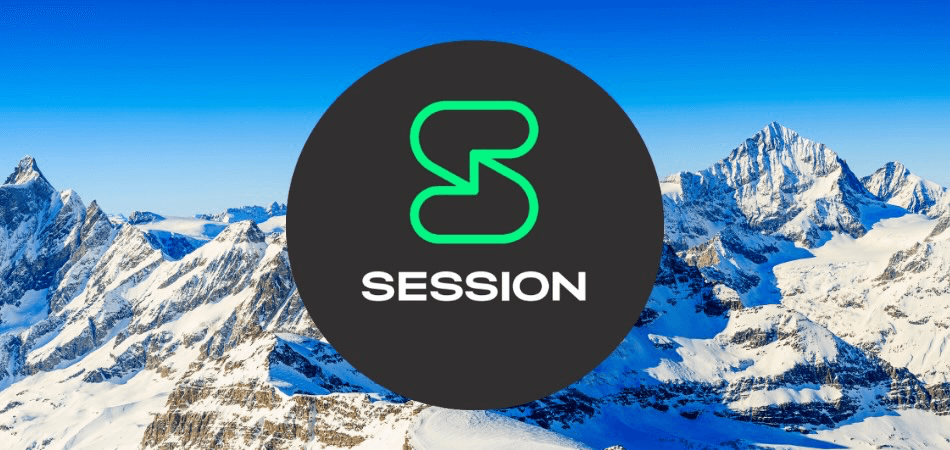
Session has announced the removal of screenshot alerts across all platforms, citing inconsistent behavior across devices, ineffectiveness in real-world scenarios, and the potential for misleading users into a false sense of security.
Instead, the developers are shifting focus toward proactive screen protection features that prevent Session content from being captured on a user’s own device.
The change marks a significant pivot away from a feature that has become commonplace in messaging and media-sharing apps. Screenshot alerts are designed to notify users when someone captures an image of shared content, whether a text message or a photo, aiming to reduce non-consensual sharing. However, according to Session developers, the feature is more superficial than secure, offering limited practical protection while introducing new privacy concerns.
The Session project is known for offering a decentralized, anonymous messaging experience without phone numbers or central servers. It uses onion routing, end-to-end encryption, and metadata-free communication to ensure that conversations remain private and untraceable.
Session’s development team explained that screenshot detection is fundamentally flawed across platforms. While mobile operating systems like iOS and Android offer partial support for detecting screenshots, desktop environments such as Windows, macOS, and Linux lack any native or consistent mechanisms. This means screenshot alerts may fire on one device and remain silent on another, degrading trust in the feature and compromising the user experience.
More importantly, the developers warn that screenshot notifications can create a false sense of privacy. Even when alerts are triggered, they do nothing to prevent screen captures from occurring in the first place. Users can bypass detection through screen recording, photographing the screen with another device, or using third-party apps designed to suppress alerts. These circumvention methods are trivial, making the feature more of a placebo than a true safeguard.
The team also highlights a lesser-discussed risk where screenshot alerts can invert the privacy threat by exposing the screenshot taker, especially in sensitive contexts. For whistleblowers, journalists, or users documenting abusive behavior, the presence of an alert can place them in jeopardy, compromising their intent to safely report or archive critical content.
As Session deprecates the screenshot notification system, attention is turning toward more robust privacy mechanisms. The team revealed ongoing work on a new screen protection feature specifically for desktop platforms. This feature, still under development, will obscure or blank out Session windows in any screenshots or screen recordings taken on the local machine, helping to counteract threats from features like Windows Recall, a system-level tool that can automatically log screen activity using AI.
While the new protection won’t stop external actors from taking photos of a screen, it aims to defend against involuntary or automated screen surveillance by the user’s own operating system, an increasingly pressing concern as embedded AI becomes more deeply integrated into desktop environments.
In the meantime, Session users should assume that anything displayed on screen can be recorded and shared, and avoid exchanging sensitive information unless absolutely necessary.







Leave a Reply